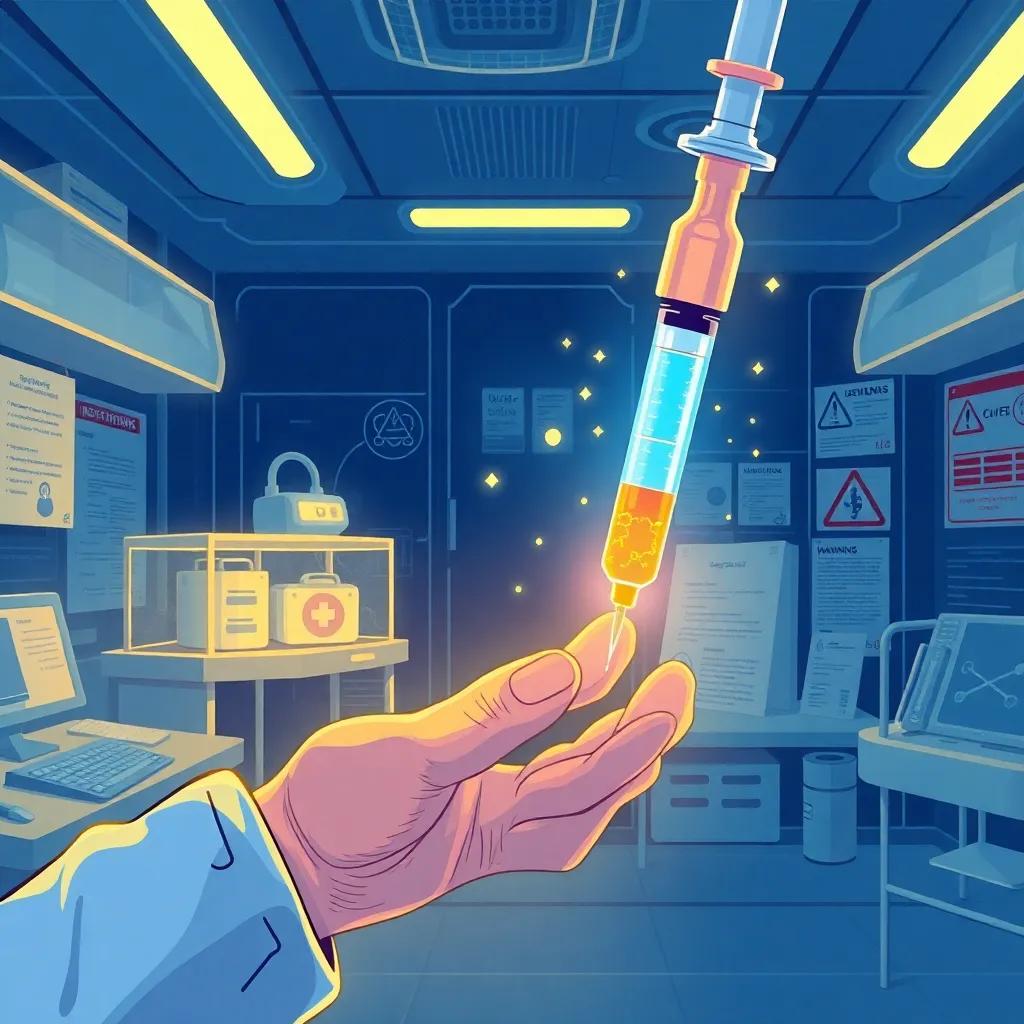Emerging research on BPC-157 shows potential for tendon and muscle repair, but regulatory and ethical concerns persist in sports medicine.
BPC-157’s rise in sports medicine highlights the tension between patient demand and regulatory caution.
The Science Behind BPC-157
BPC-157, a synthetic peptide derived from human gastric juice, has gained attention for its potential in accelerating tendon and muscle repair. A 2023 study in the Journal of Orthopaedic Research found BPC-157 significantly improved tendon healing in animal models,
with researchers noting enhanced collagen organization and reduced inflammation. The peptide appears to work through multiple pathways, including angiogenesis promotion and growth factor modulation.
Clinical Applications and Patient Experiences
While clinical trials remain limited, off-label use has surged in sports medicine. Recent patient surveys indicate high satisfaction rates for chronic tendonitis, particularly among athletes. Dr. Emily Carter, a sports physician at Stanford University, cautions: We’re seeing exciting anecdotal results, but without rigorous trials, we can’t confirm efficacy or long-term safety.
Intravenous administration trials show promise, with preliminary data suggesting faster recovery times for acute injuries.
Regulatory Challenges and Ethical Concerns
The World Anti-Doping Agency’s decision to monitor BPC-157 reflects growing concerns about its use in competitive sports. Regulatory bodies like the FDA maintain caution due to limited long-term data. Meanwhile, European discussions about compassionate use for severe tendon injuries highlight the therapy’s potential. This regulatory gray area creates ethical dilemmas for physicians balancing patient demands with evidence-based practice.

